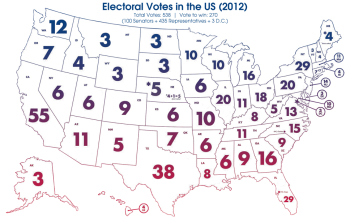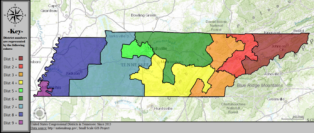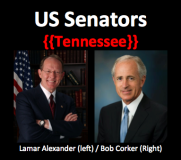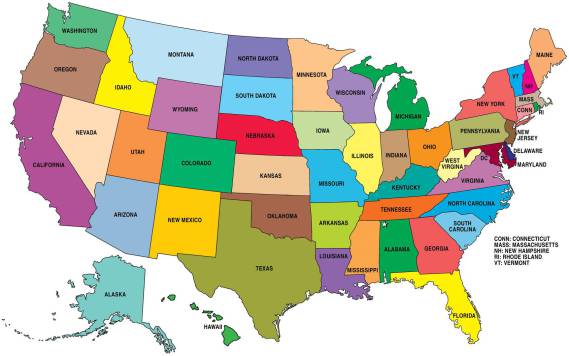
We at ADS are convinced that the inherently confusing political process in America keeps good people (young and old) from getting involved in politics and utilizing their American right to choose who leads and represents them.
We live in a world of people attempting to prove their knowledge and convince others how smart and experienced they are. In the meantime they leave thousands of people scratching their heads and turning away from the entire system.
Whether you are new to politics or someone who is trying to weed-through all the terms, figures, titles and analysis - welcome. We will do our best to make it easy.
This article is one part of a long series on the US political process - from the presidential election, through your state offices and right through your local offices; Who does what? What's the difference? What does it all mean? The elections. Does my vote matter? All of it - made easy.
A Newbie's Guide to Politics - Presidential Race
Throughout this article I will use the state of Tennessee to illustrate the points within the article.
What is college electoral?
When following a presidential election, it is best to break it down into state races. A candidate could technically have more overall popular votes and still lose the race due to having less electoral votes.
If you look at the presidential race of 2012, President Obama had 66-million overall votes and Romney had 61-million but these numbers are not what you should be watching and NOT what determined the winner and loser.
Here's why...
US House of Representatives...
Each state is broken down into regions called "districts." The physical size of these regions depends on the population, so a region in, or around, a big city will be physically smaller than a region in a rural area.
Each of these districts has a member of the US House whose job it is to represent the people of their district (their needs & concerns), in the federal government (DC). Technically they're supposed to be traveling back and forth from their district and DC, gathering information from their district and representing it in DC.... but that's not always what they do.
College Electoral...
So here in TN we have 9 members of the US House of Representatives and 2 members of the US Senate = 11 federal politicians representing the state. Each of these politicians represents 1 college electoral vote so - TN has 11 electoral votes.
So what?
Here's where your vote really makes an impact...
If you want to see your vote making a difference - watch your state.
The great thing about the elections is: they're decided by indivual states and this is where you can make the most difference in the political world. These are
your friends and your neighbors, your children and your people. Please help them to get informed and taking action.
If the candidate you chose gets more popular votes "IN YOUR STATE" than the opponent gets -- YOUR candidate gets all the electoral votes "in your state."
The candidate to win 270 electoral votes wins the election..... so, you see.... it's not one big election... it's 50 different state elections ultimately added together as one.
And now you know...
Keep learning, keep evolving, keep growing and keep changing the world!







